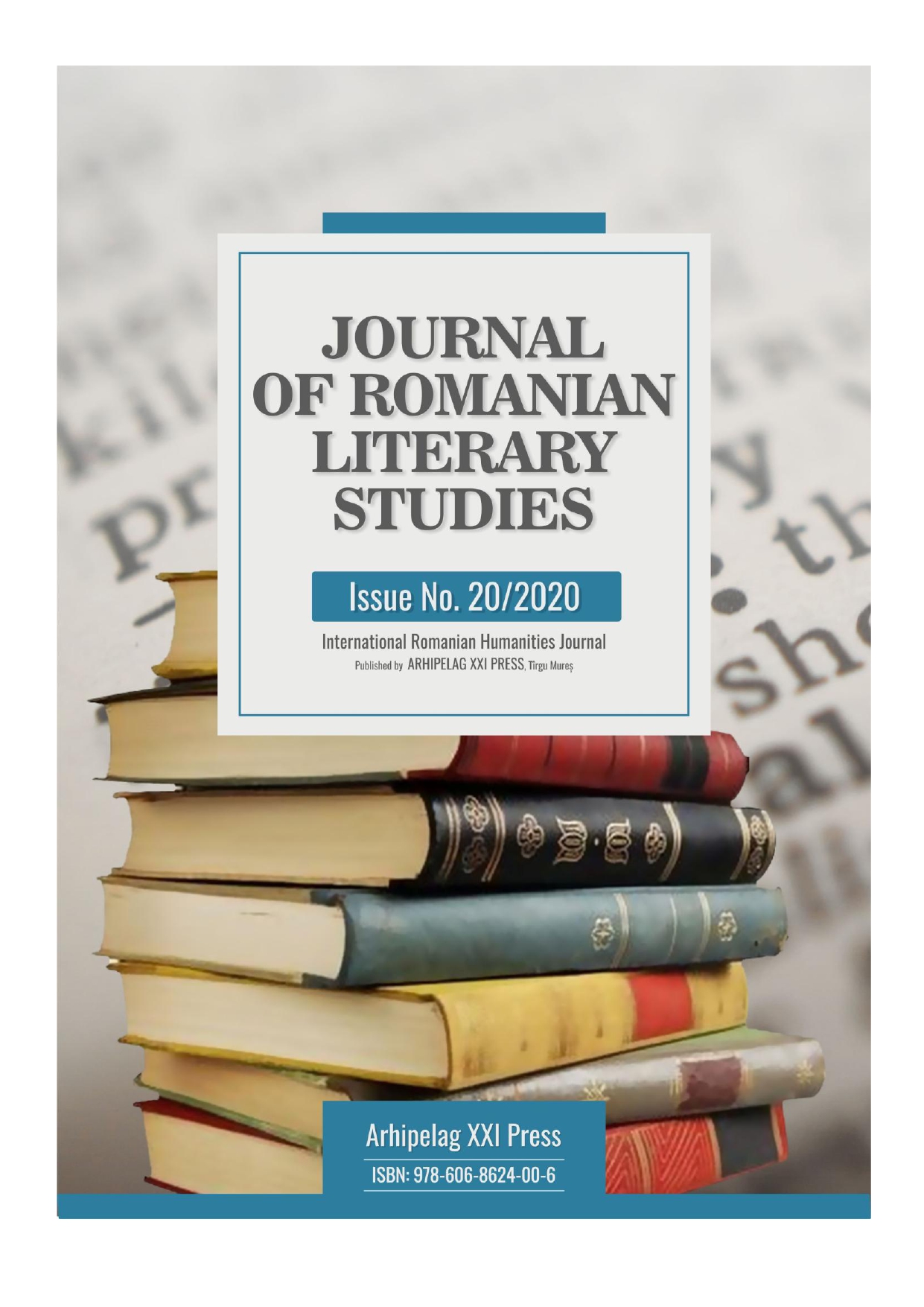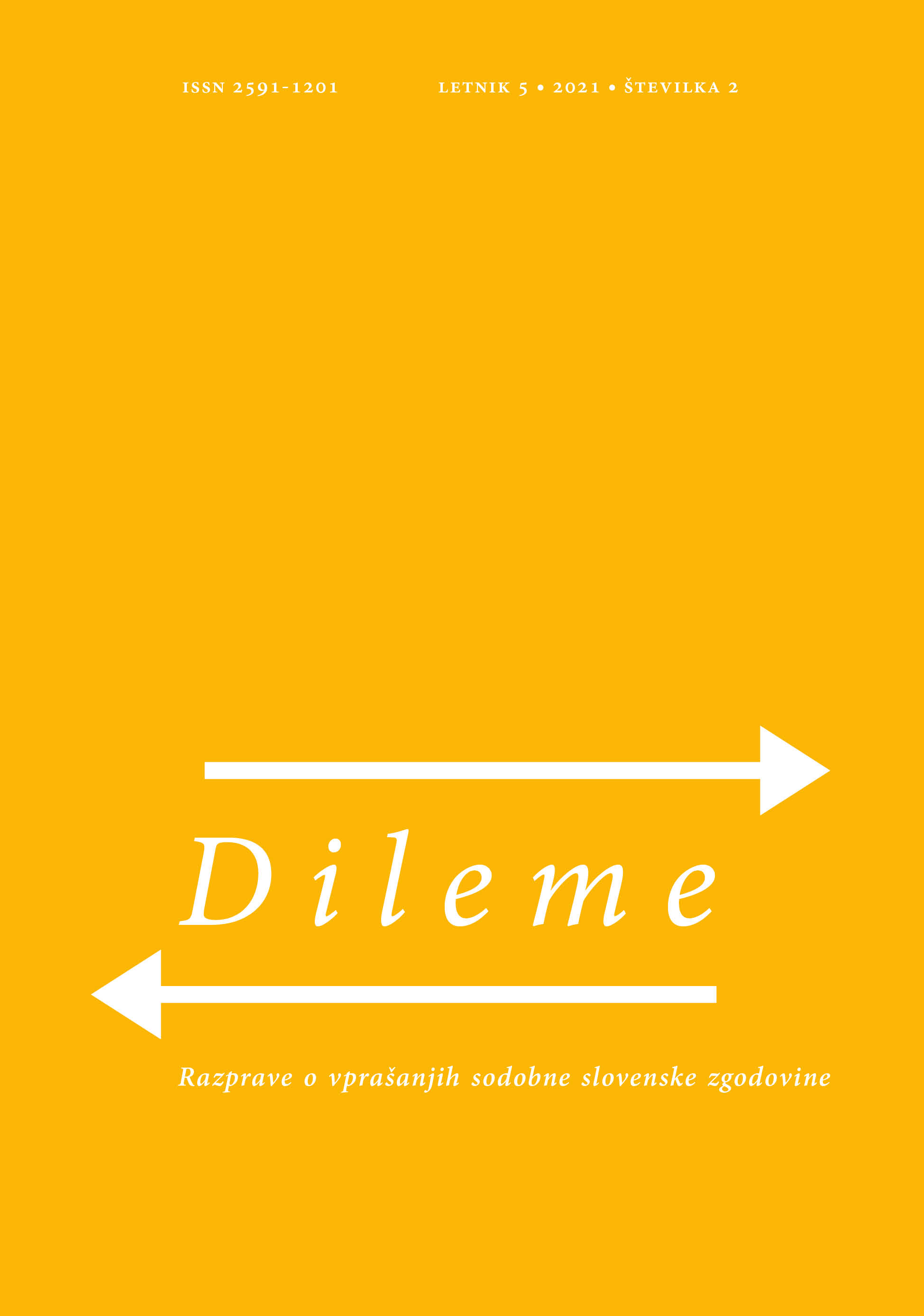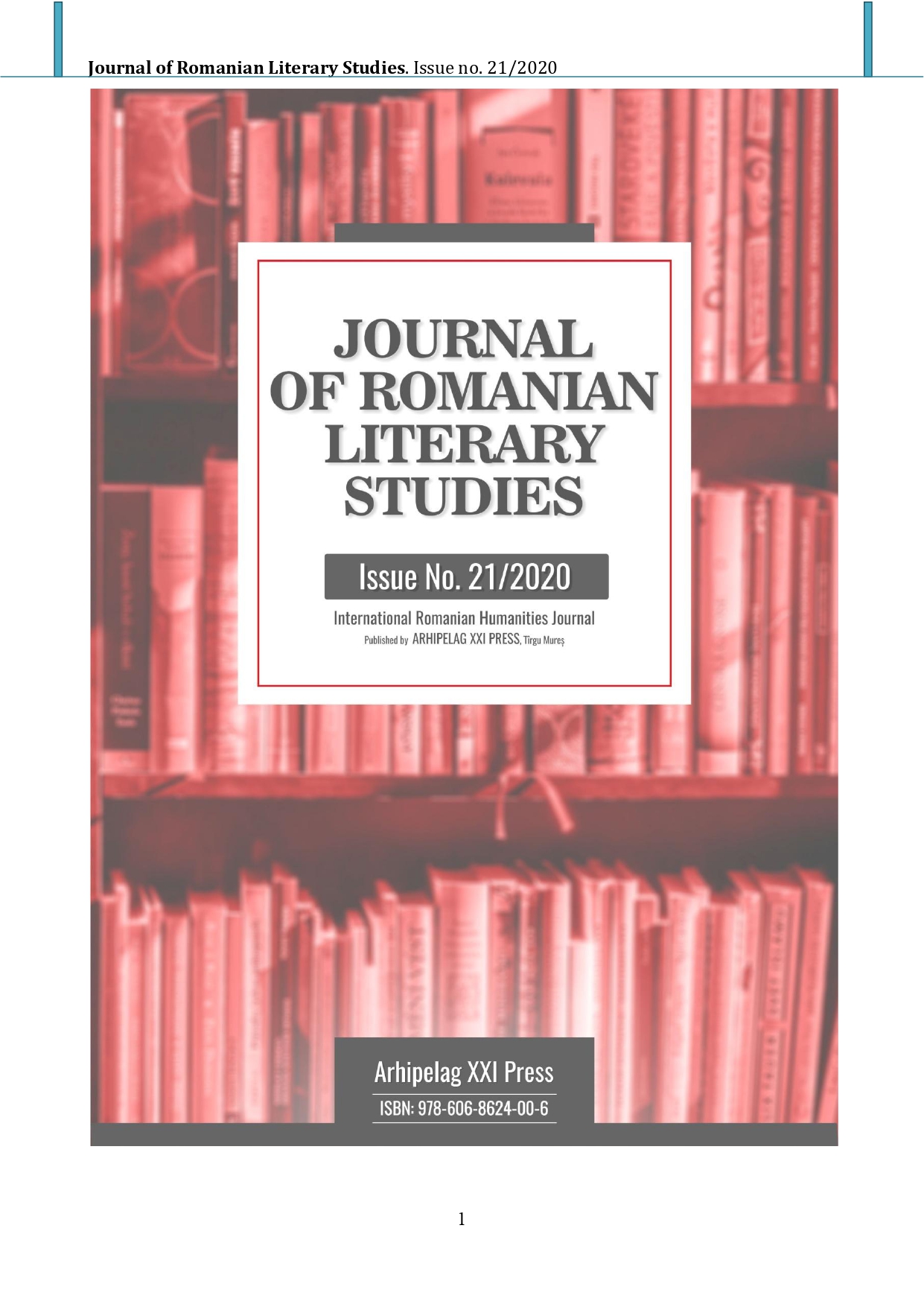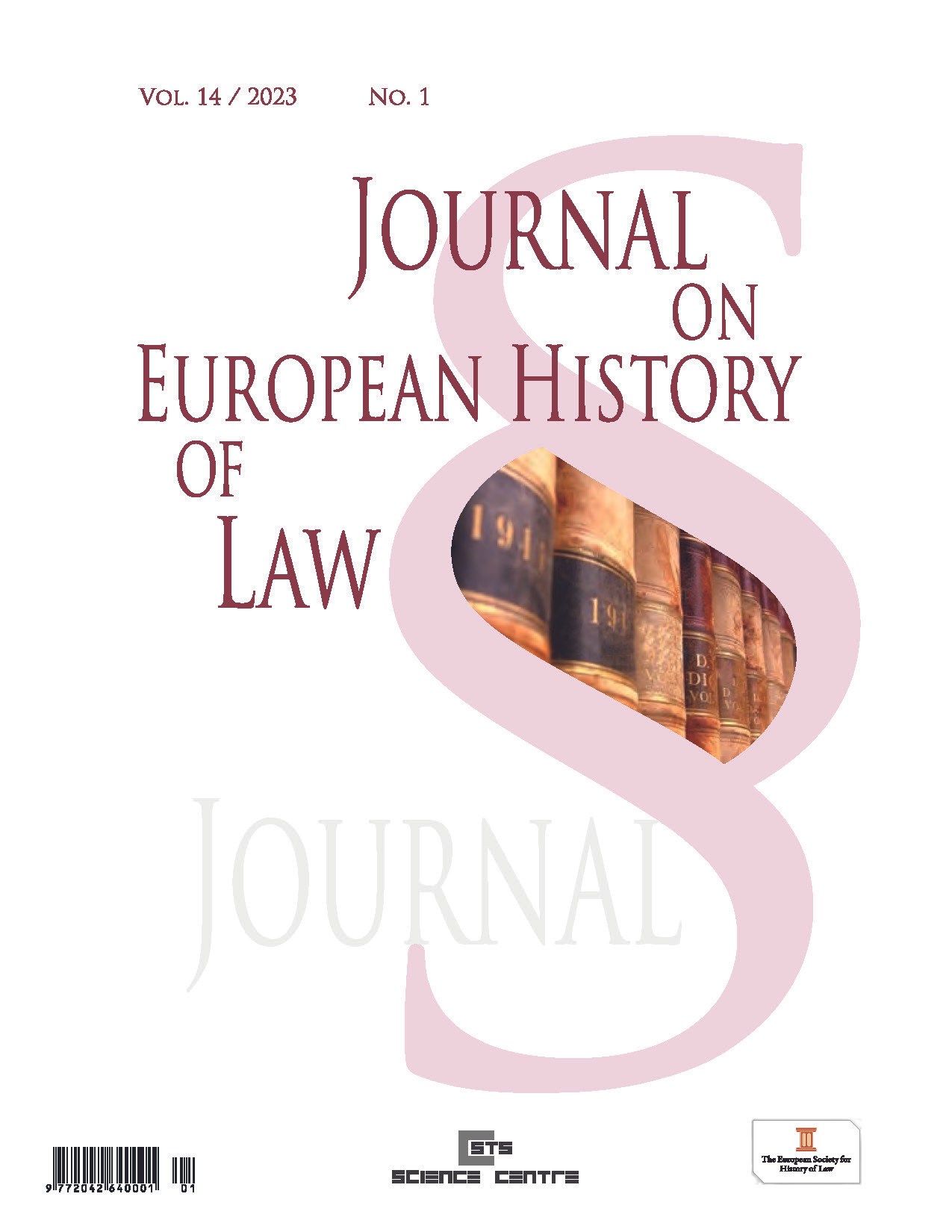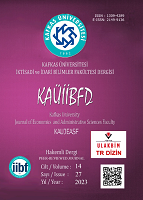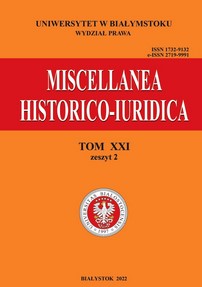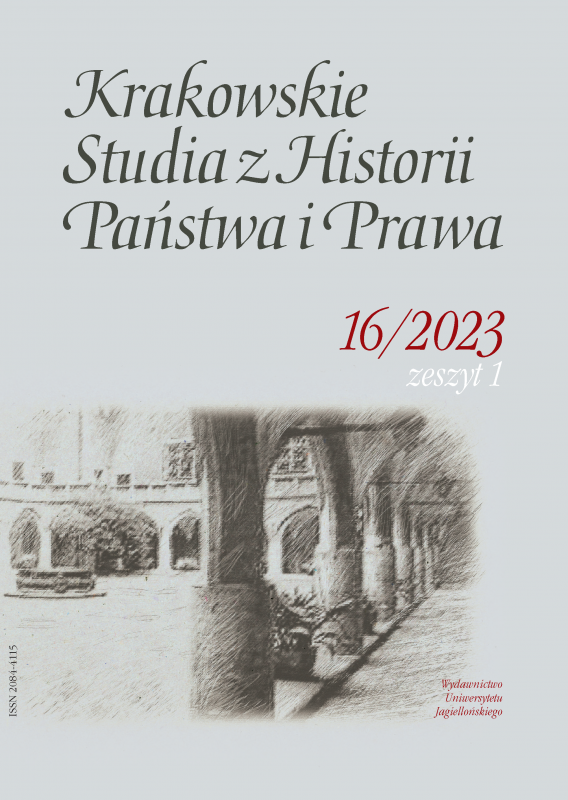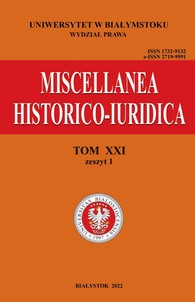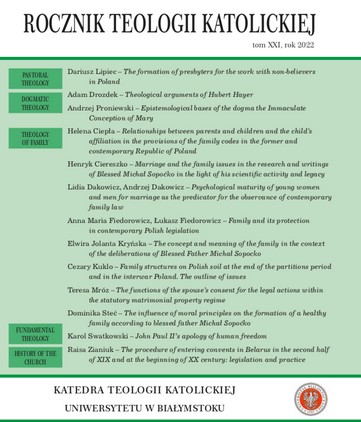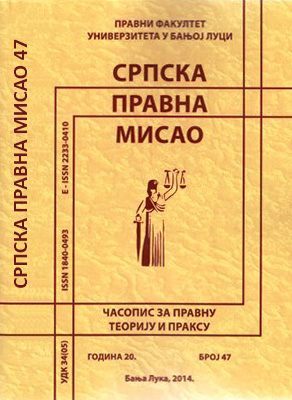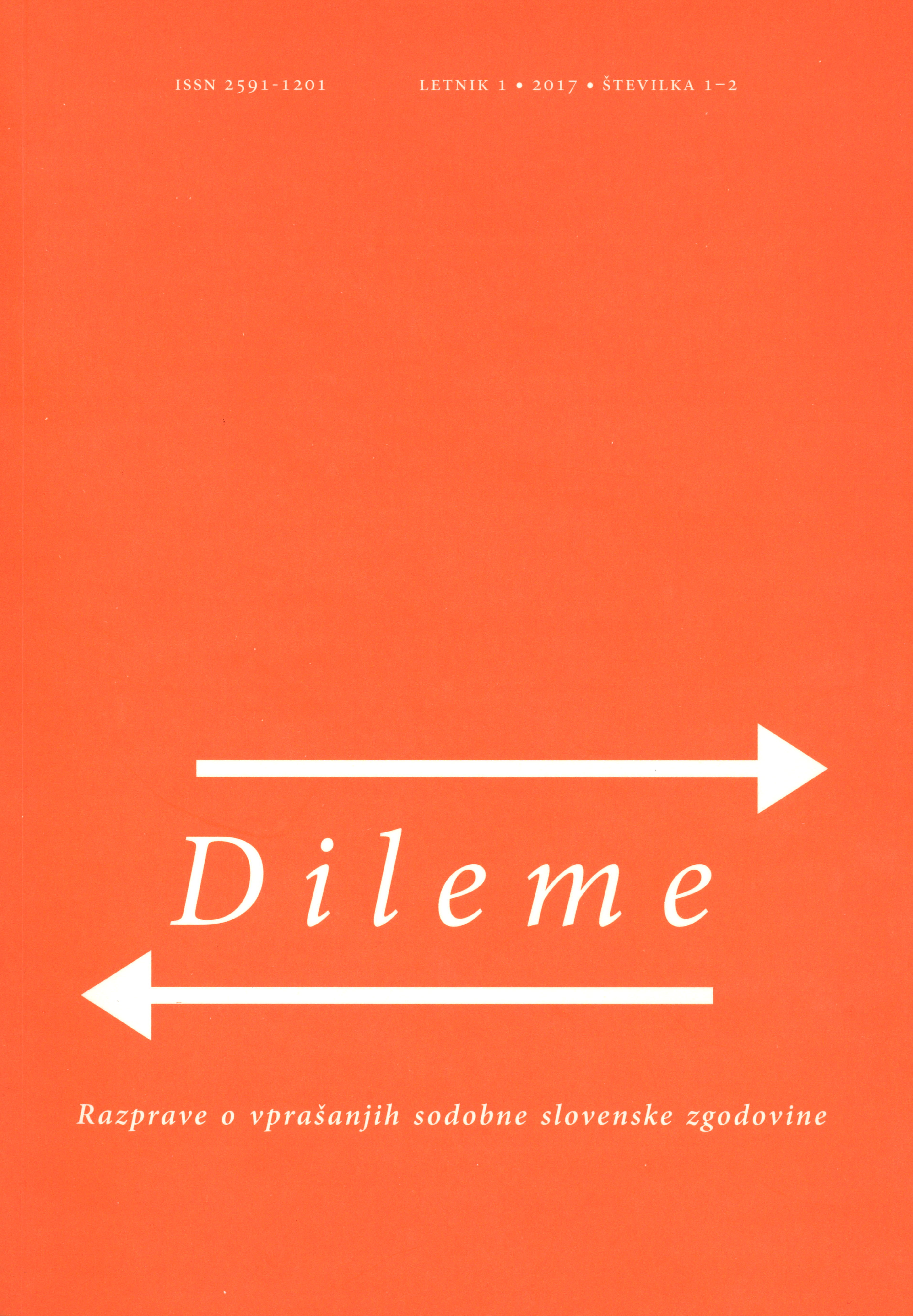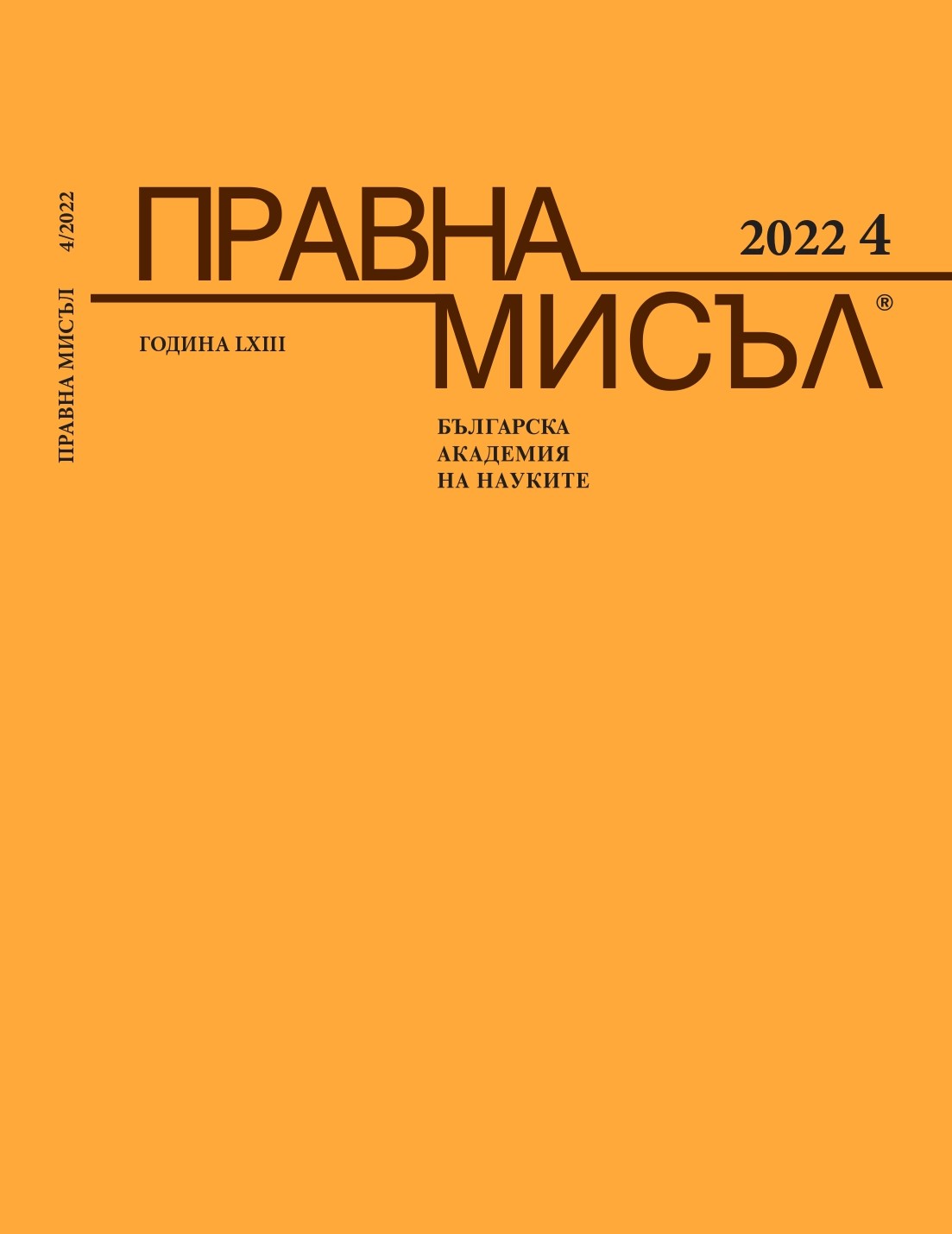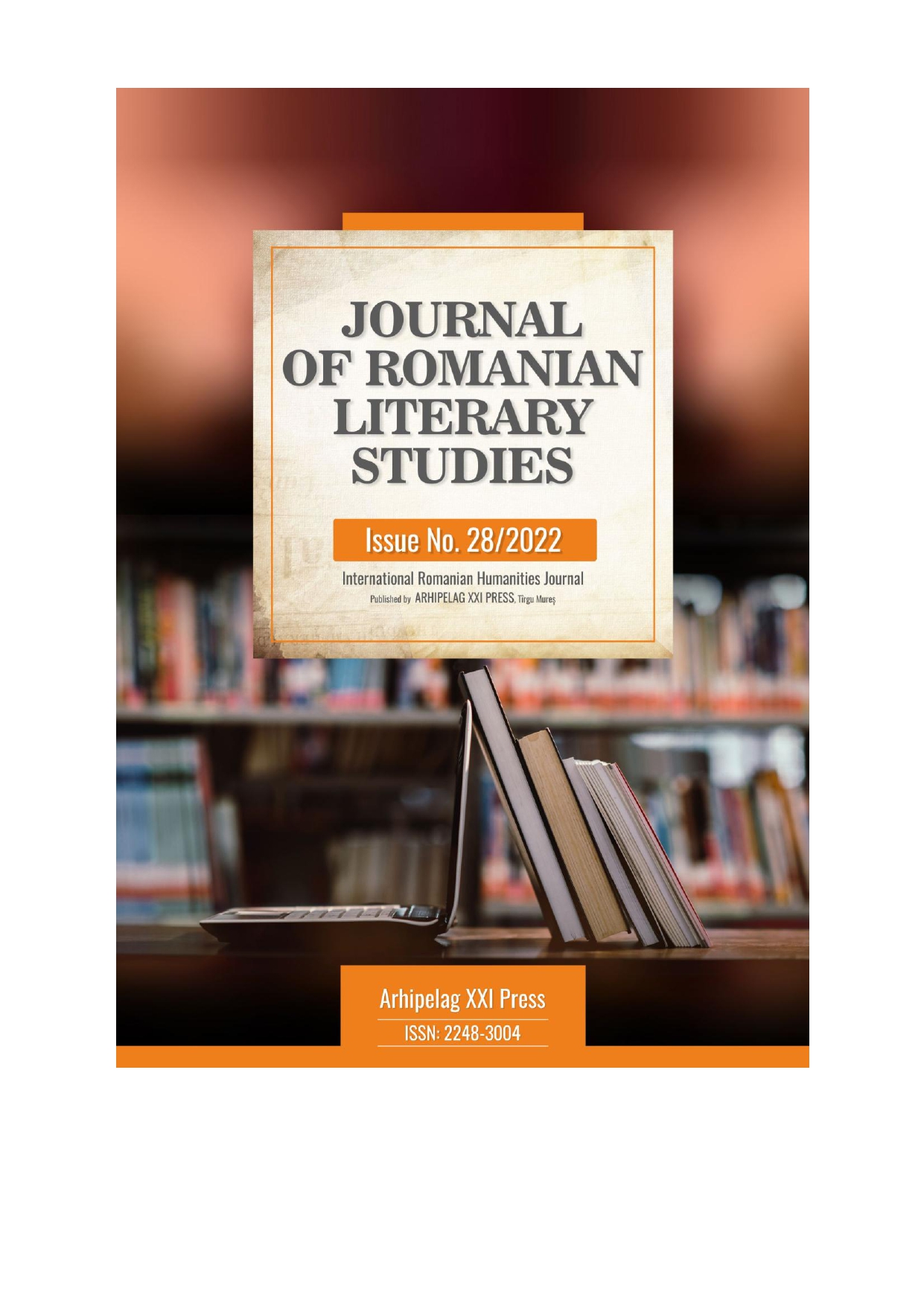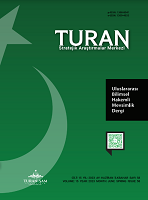
TÜRKİYE ve IRAK CEZA HUKUKU SİSTEMLERİNDE ONARICI ADALET UYGULAMALARI
In the research; restorative justice practices in Turkey and Iraqi Criminal Law systems were compared and analyzed. The qualitative analysis method was utilized by reviewing much domestic and foreign literature. Among the practices in Turkey; "alternative sanctions to short-term imprisonment, postponement of imprisonment, pre-payment, postponement of the opening of the public case, deferral of the announcement of the verdict, summary procedure, simple trial procedure, reconciliation, conditional release, special execution procedures, probation, truth commissions" are included. Iraqi practices include "alternative sanctions to short-term imprisonment, suspension of execution, fines, postponement of the opening of the public case, postponement of the execution of the verdict, summary judgment, penalty order, conciliation, conditional release, special execution procedures, probation, truth commissions". As a result, it has been determined that seven of the twelve practices examined are named with the same name and five with different names, that the practices in both countries have many common aspects by universal legal rules, that the proximity to the practices in other developed countries in the world is related to the socioeconomic development level of the country, that there is a parallelism between the effective history of the practices and their inclusiveness, and that the common point of all practices is to rehabilitate the offender by making him serve his sentence and at the same time to strengthen his bond with the society without breaking his bond with the society
More...
